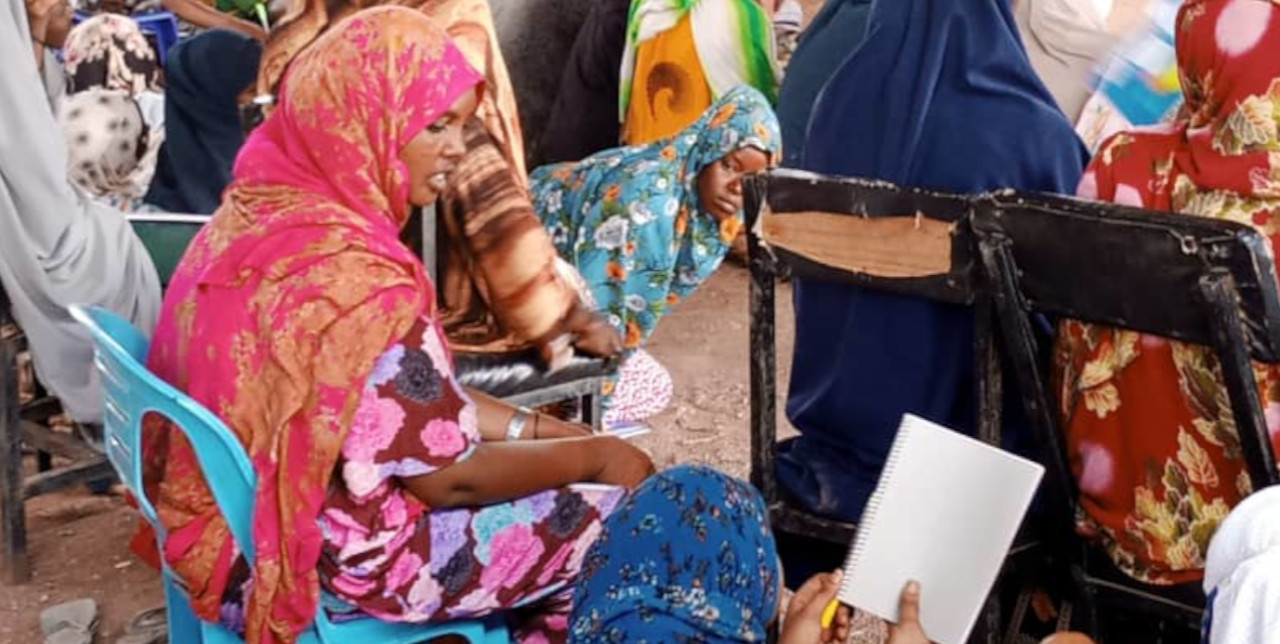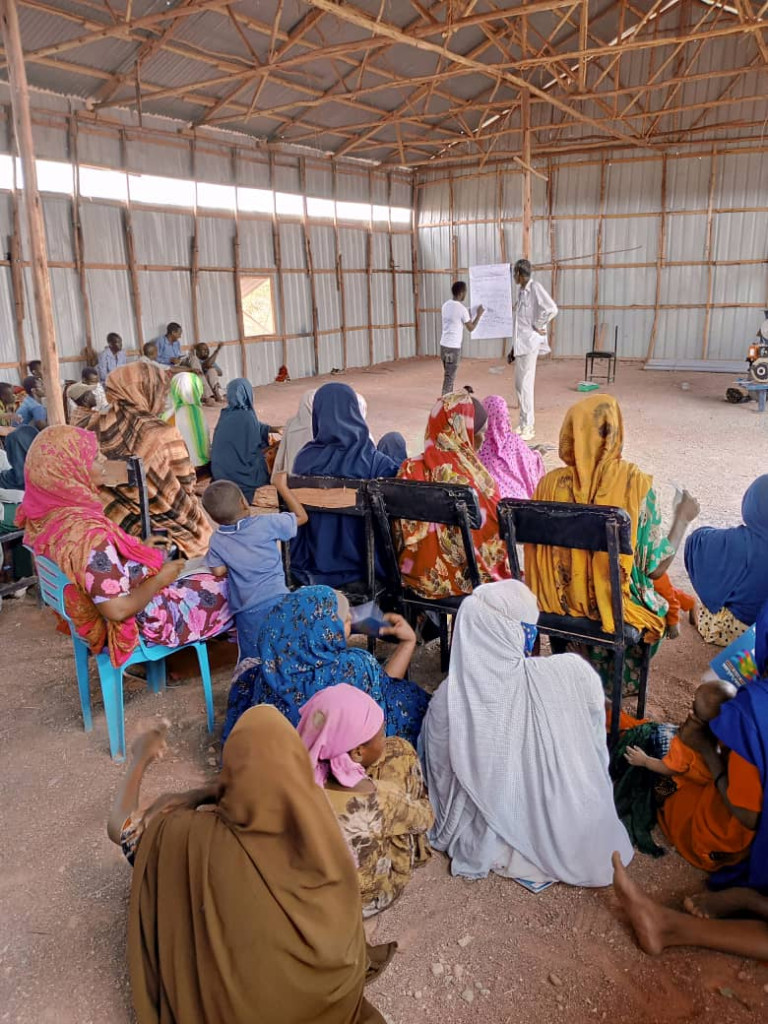29-12-2022 | di COOPI
Ethiopia. Halima and her solar-powered agricultural system
Halima lives in Ethiopia, she is 38 years old, has six children and lost her husband five years ago. Because of this, all the responsibilities of the family fell on her shoulders. Guaranteeing a daily meal and providing for her children's basic needs have become a major concern.
Her husband owned a piece of agricultural land near the Dawa River, which was handed over to Halima. The young mother says it was difficult to plough, cultivate the land and manage the farm after his death:
Usually the women are in charge of preparing food for the men and pulling out unwanted crops, they are not engaged in direct cultivation. This is not a problem for me, but the start-up costs for fuel, farm inputs and other things are. My husband was a member of a co-operative with whom he shared the diesel irrigation pump in order to share the costs and make them affordable and sustainable. Without him, I didn't know how to do it.
Since 2021, COOPI - Cooperazione Internazionale has been implementing the project "Integrated Initiative to Strengthen Resilience and Improve Health, Nutrition, WASH and DRR Conditions of Vulnerable Populations and Internally Displaced Persons in Areas of Ethiopia Bordering Kenya and Somalia", funded by the Italian Agency for Development Cooperation (AICS).
The Head of Mission Rosalba Vendemia says about the project:
The overall objective of the project is to strengthen the resilience and response capacity to climate change of the populations living in the areas most affected by climate shocks and conflicts, such as the Liben (Dolo Odo) and Afder (Dolobay) Zones in Ethiopia. In particular, it was essential to strengthen the food security of farmers, internally displaced persons and their families through the introduction of sustainable farming techniques, with the support of innovative methods such as solar energy systems.
Halima relates:
I have seen and heard of different aid to farmers, but not of this kind. Several times my neighbours received seeds and chemicals, but not the solar plant. Now we no longer have to worry about fuel and I have also been given several inputs for the start-up. My children and I are working hard to use the aid we received to change our lives. We are succeeding.
Currently, Halima and her family are starting to see the benefits their farm is generating. They have planted all the seed varieties provided by the project and have already started to harvest and sell animal feed, the price of which had risen dramatically due to the drought in the area.
Ethiopia is the second most populated country in Sub-Saharan Africa and the rapid population growth puts a strain on available natural resources. The economy is mainly based on pastoralism and agriculture, but the frequent droughts that affect the country expose it to frequent crises, food insecurity and strong migration flows. Since 1995, COOPI has been intervening in the country to improve the food security of the most vulnerable groups, through the integration and diversification of livelihoods and the enhancement of production capacities, fostering not only the development of local economic initiatives, but also a more integrated and careful protection of natural resources by communities.




 Ethiopia
Ethiopia
